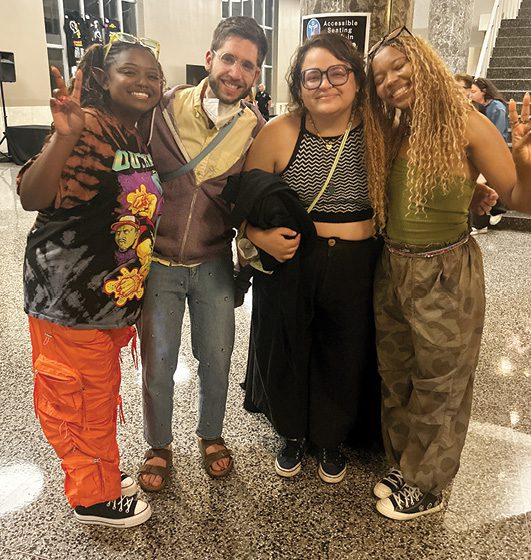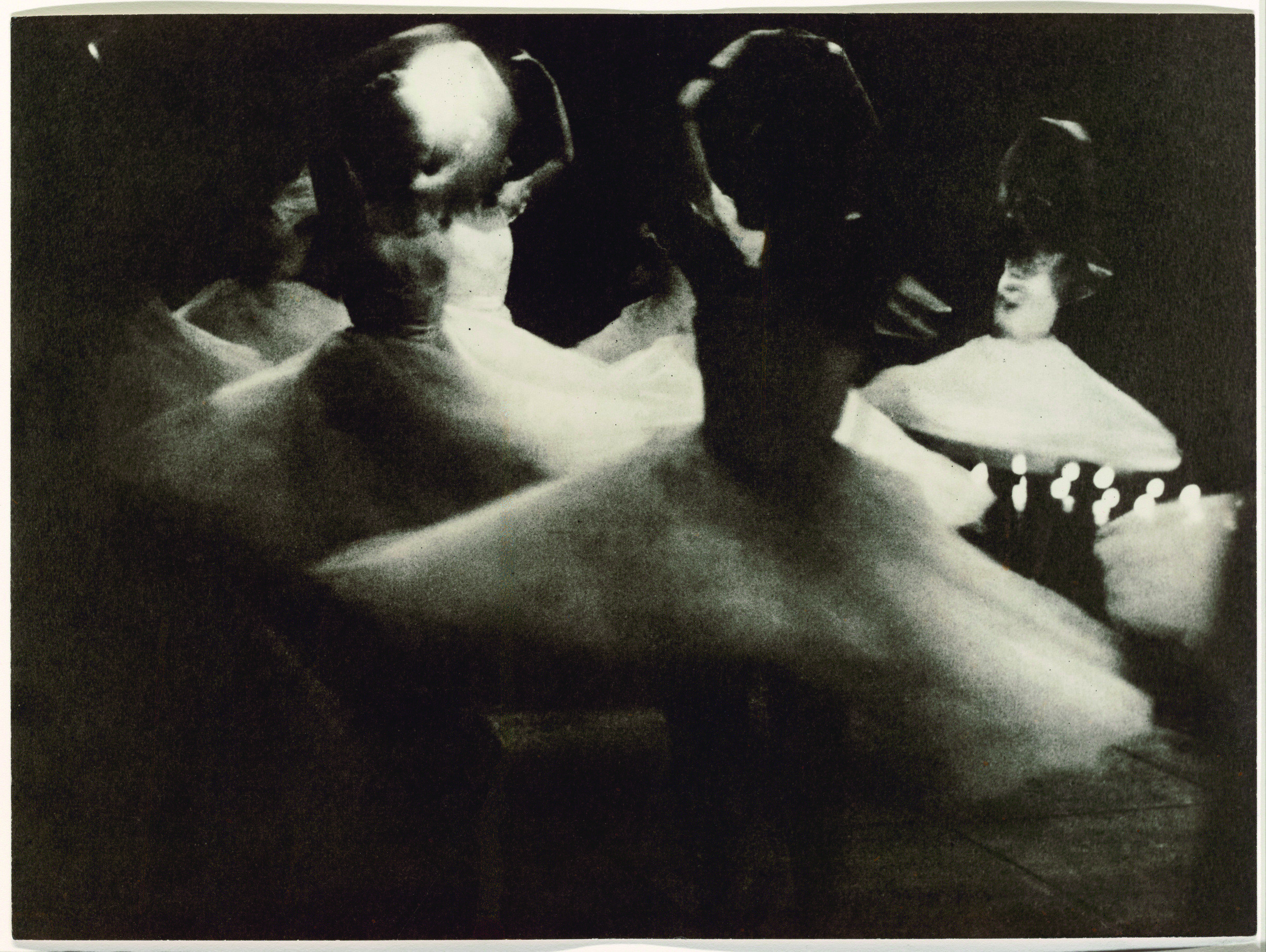Letter to the Editor
January 29, 2024 To the editor of LIBER, One trend I observed while researching my book The World According to Joan Didion was people’s tendency to project themselves onto Didion. The writer had a strong moral center but also an intellectual empathy that made her adaptable to different ways of thinking, and that led her to frequently question her own received values. When S.C. Cornell declares the writer a conservative in her disappointingly inaccurate—could she


